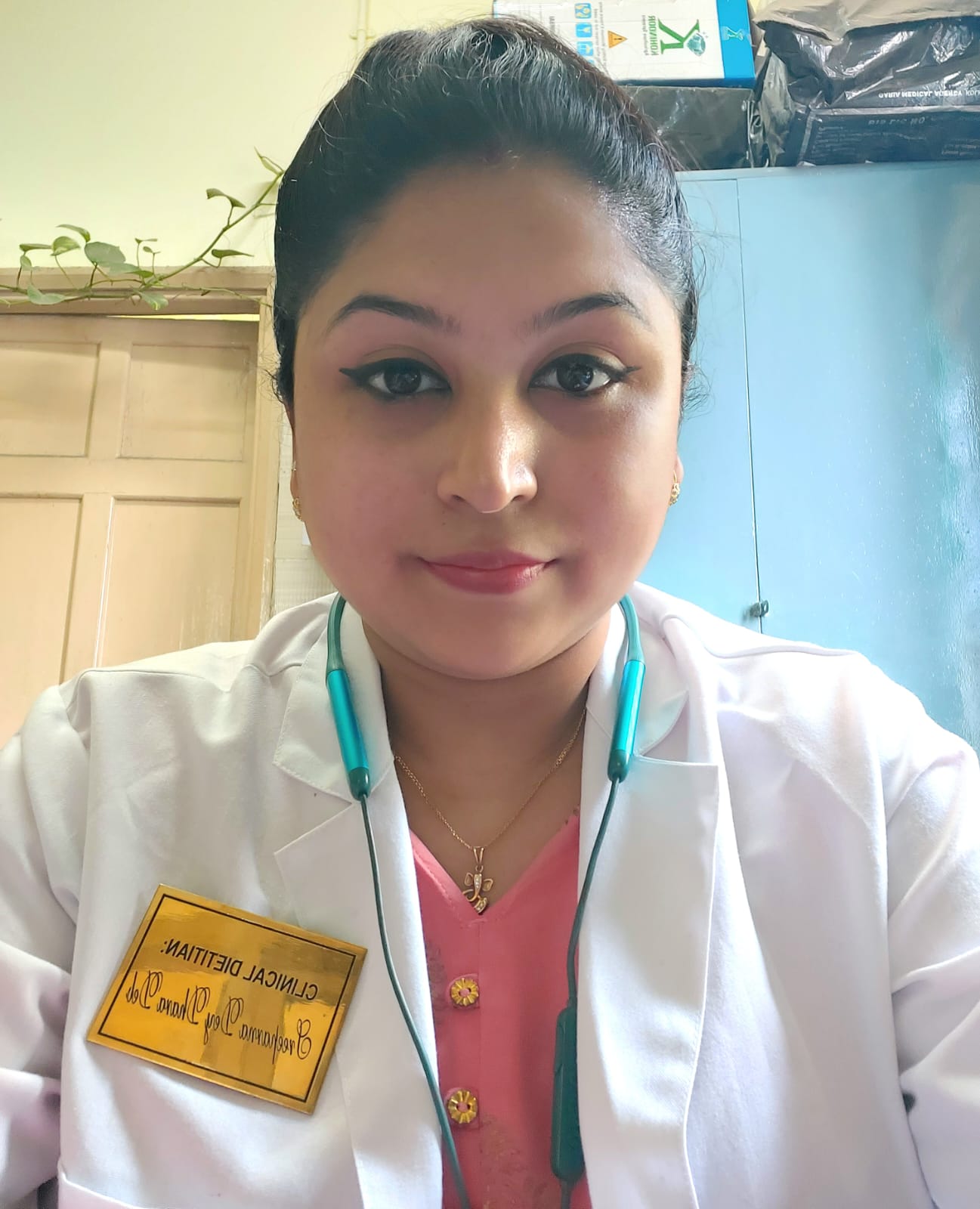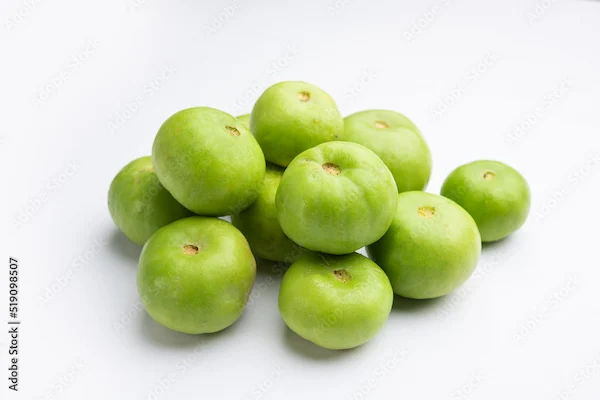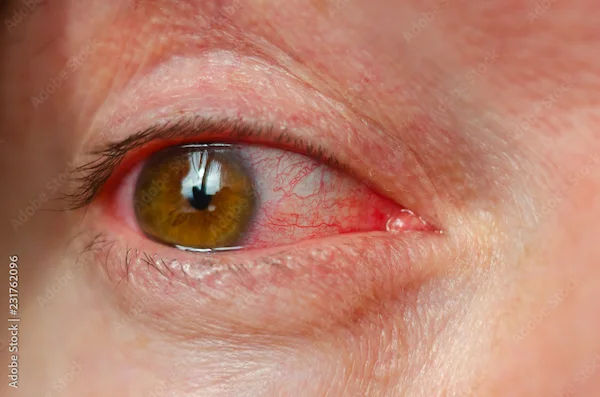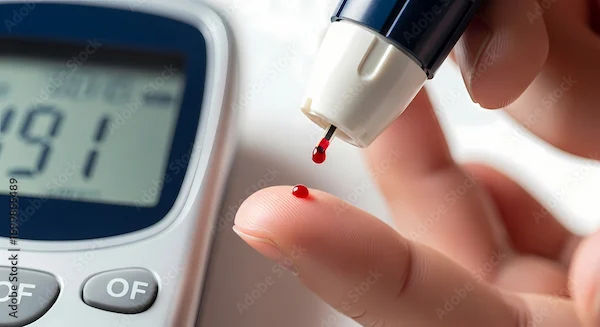Jaundice Diet Chart: Foods to Include and Avoid
Follow a complete jaundice diet chart with recommended foods to include and avoid. Support liver recovery with the right nutrition, meal tips, and hydration guidelines.

Written by Dr. Vasanthasree Nair
Reviewed by Dr. D Bhanu Prakash MBBS, AFIH, Advanced certificate in critical care medicine, Fellowship in critical care medicine
Last updated on 27th Jul, 2025

Jaundice is a condition that causes yellowing of the skin and eyes due to high levels of bilirubin in the blood. It often occurs when the liver is unable to process bilirubin properly, which can happen due to infections (like hepatitis), liver disease, or blocked bile ducts. While medical treatment is essential, a healthy diet plays a crucial role in recovery by supporting liver function and reducing stress on the organ.
In this article, we’ll discuss the best foods to eat and avoid when dealing with jaundice, along with simple dietary tips to help speed up recovery.
Why Is Diet Important in Jaundice?
The liver is responsible for filtering toxins, producing bile, and metabolising nutrients. When it’s not functioning well (as in jaundice), eating the right foods can:
Help detoxify the liver
Reduce inflammation
Improve digestion
Provide essential nutrients for healing
On the other hand, consuming the wrong foods can worsen liver stress and delay recovery.
Best Foods to Eat During Jaundice
A jaundice-friendly diet should include easily digestible, nutrient-rich foods that support liver health. Here are some of the best options:
1. Fresh Fruits
Fruits are rich in antioxidants, vitamins, and fibre, which help detoxify the liver.
Papaya: Aids digestion and reduces bilirubin levels.
Apples: High in fibre, helps flush out toxins.
Pears: Gentle on the liver and easy to digest.
Watermelon: Hydrates and helps cleanse the liver.
Bananas: Provide energy without burdening digestion.
2. Vegetables
Vegetables provide essential nutrients without overloading the liver.
Carrots: Rich in beta-carotene, supports liver function.
Beetroot: Helps detoxify the liver and improve bile flow.
Spinach & Leafy Greens: High in iron and antioxidants.
Pumpkin: Easy to digest and supports liver repair.
Consult Top Dietitians For A Personalised Diet
3. Whole Grains
Whole grains provide energy and fibre without straining digestion.
Oats: Gentle on the stomach and rich in fibre.
Brown Rice: Easier to digest than white rice.
Quinoa: A good source of plant-based protein.
4. Lean Proteins
Protein is essential for liver repair, but it should be easy to digest.
Moong Dal (Yellow Lentils): Light and easy to digest.
Tofu: A plant-based protein option.
Skinless Chicken/Fish (in moderation): Preferably boiled or steamed.
5. Healthy Fluids
Staying hydrated helps flush out toxins.
Coconut Water: Natural electrolytes and hydration.
Herbal Teas (like chamomile or ginger tea): Soothes digestion.
Lemon Water: Helps detoxify the liver.
Foods to Avoid During Jaundice
Certain foods can worsen liver stress and should be avoided:
1. Fatty & Fried Foods
Butter, ghee, deep-fried snacks, and oily curries can strain the liver.
2. Processed & Packaged Foods
Chips, cookies, and ready-to-eat meals contain preservatives and unhealthy fats.
3. Spicy & Heavy Foods
Spicy curries, red meat, and rich gravies can irritate digestion.
4. Alcohol & Caffeine
Alcohol is toxic to the liver, and caffeine (in coffee, tea, or soda) can dehydrate the body.
5. Sugary Foods & Drinks
Excess sugar (in sweets, sodas, and desserts) can worsen liver inflammation.
Dietary Tips for Jaundice Recovery
1. Eat Small, Frequent Meals: Instead of heavy meals, opt for 5-6 smaller meals to ease digestion.
2. Chew Food Slowly: Helps in better digestion and nutrient absorption.
3. Stay Hydrated: Drink at least 8-10 glasses of water daily.
4. Avoid Raw or Undercooked Foods: To prevent infections, eat well-cooked meals.
5. Limit Salt Intake: Excess salt can cause water retention and liver stress.
When to Seek Medical Help?
While diet helps in recovery, jaundice can sometimes indicate a serious underlying condition. Consult a doctor if:
The yellowing worsens
You experience severe fatigue, nausea, or abdominal pain
Urine becomes dark or stools pale
If you need personalised dietary advice or medical consultation, you can book an appointment with a specialist through Apollo 24|7.
Conclusion
A well-balanced jaundice diet can significantly speed up recovery by supporting liver function. Focus on fresh fruits, vegetables, whole grains, and lean proteins while avoiding fatty, spicy, and processed foods. Along with proper medical care, these dietary changes can help restore liver health effectively.
Stay patient, follow your doctor’s advice, and give your body the nourishment it needs to heal!
Consult Top Dietitians For A Personalised Diet
Consult Top Dietitians For A Personalised Diet

Ms Suchanda Guha
Dietician
10 Years • M.Sc (Applied Nutrition), B.Sc (Food & Nutrition), Diploma (Yogic Nutrition)
Kolkata
NutriKutir, Kolkata

Dr. Sushith C
General Physician
2 Years • MBBS
Bengaluru
PRESTIGE SHANTHINIKETAN - SOCIETY CLINIC, Bengaluru

Dr Venkata Naga Sai Tribhushan Rambhatla
General Physician
3 Years • MBBS
Bengaluru
PRESTIGE SHANTHINIKETAN - SOCIETY CLINIC, Bengaluru

Ms. Akansha Srivastava
Dietician
10 Years • MSC Food & Nutrition
Vadodara
Akansha diet n health clinic, Vadodara

Ms. Sreeparna Dey Dhara Deb
Dietician
8 Years • Master of science and dietetics
Bansdroni
Siddhita Healthcare., Bansdroni
Consult Top Dietitians For A Personalised Diet

Ms Suchanda Guha
Dietician
10 Years • M.Sc (Applied Nutrition), B.Sc (Food & Nutrition), Diploma (Yogic Nutrition)
Kolkata
NutriKutir, Kolkata

Dr. Sushith C
General Physician
2 Years • MBBS
Bengaluru
PRESTIGE SHANTHINIKETAN - SOCIETY CLINIC, Bengaluru

Dr Venkata Naga Sai Tribhushan Rambhatla
General Physician
3 Years • MBBS
Bengaluru
PRESTIGE SHANTHINIKETAN - SOCIETY CLINIC, Bengaluru

Ms. Akansha Srivastava
Dietician
10 Years • MSC Food & Nutrition
Vadodara
Akansha diet n health clinic, Vadodara

Ms. Sreeparna Dey Dhara Deb
Dietician
8 Years • Master of science and dietetics
Bansdroni
Siddhita Healthcare., Bansdroni


.webp)

